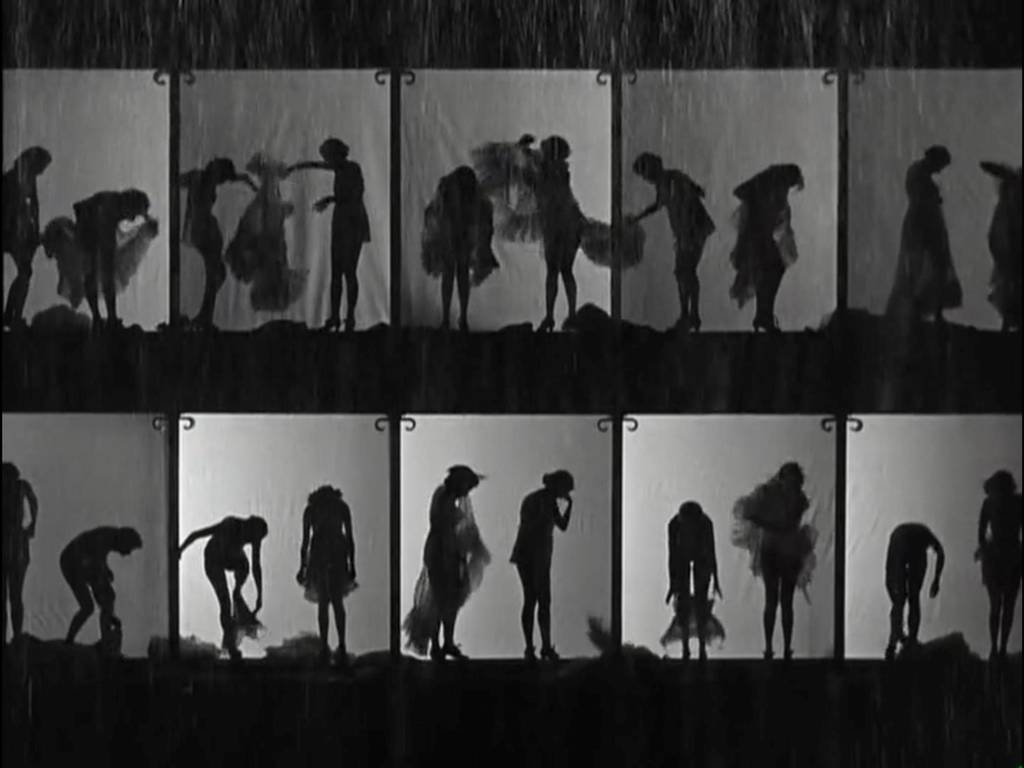Citation ethics[i] – mindfulness about the voices we choose to amplify in an effort to center underrepresented and marginalized scholars – has become a key priority for Film Matters. To this end, we are happy to announce M. Sellers Johnson as Citation Ethics Editor for Film Matters. In this inaugural position for the journal, M. Sellers is working to assess diversity representation in terms of citational scholarship. Through bibliometric data analysis of the references across the scope of our feature publications, he endeavors to create a demographic assessment of the citations in past published articles in Film Matters. This analysis will illuminate useful data points such as gender identity, geographical status based on institutional affiliation, and race/ethnicity. In addition, M. Sellers will work to create a new submission form for potential contributors, wherein they will have the option to signal their pronouns, so that they may be properly cited, and also share their social identities and/or cultural backgrounds, as these measures will help to ensure more equitable publishing practice.
M. Sellers brings a wealth of publishing experience to this new position, working as an independent scholar and book review critic for various film and media studies outlets. He has nurtured an ongoing relationship with Film Matters as a contributor, editorial board member, and panelist for many years. M. Sellers recently graduated from Victoria University of Wellington with a Master of Arts in Film (2021) and received his undergraduate degree in Film Studies from the University of North Carolina in 2018. He currently works in the Archives department at Thalian Hall Center for the Performing Arts in Wilmington, North Carolina.
The overall goal of citation ethics for Film Matters is to uphold an ethical intention of accountability in our references. We hope to encourage citational awareness with accepted authors, be transparent about any gaps associated with past practice, and adopt correctives as needed to cultivate inclusive representation in citations, moving forward. As Film Matters explores citation ethics as part of its scope and aims, we will work to remain accountable and cognizant of providing an equitable space for burgeoning contributors and academics, and active in our role of shaping and advancing the scholarly conversation. A focus on citation ethics will help usher Film Matters – and academic publishing, generally – from an inclusion to a belonging framework.
[i] https://www.nature.com/articles/d41586-022-00793-1.














































